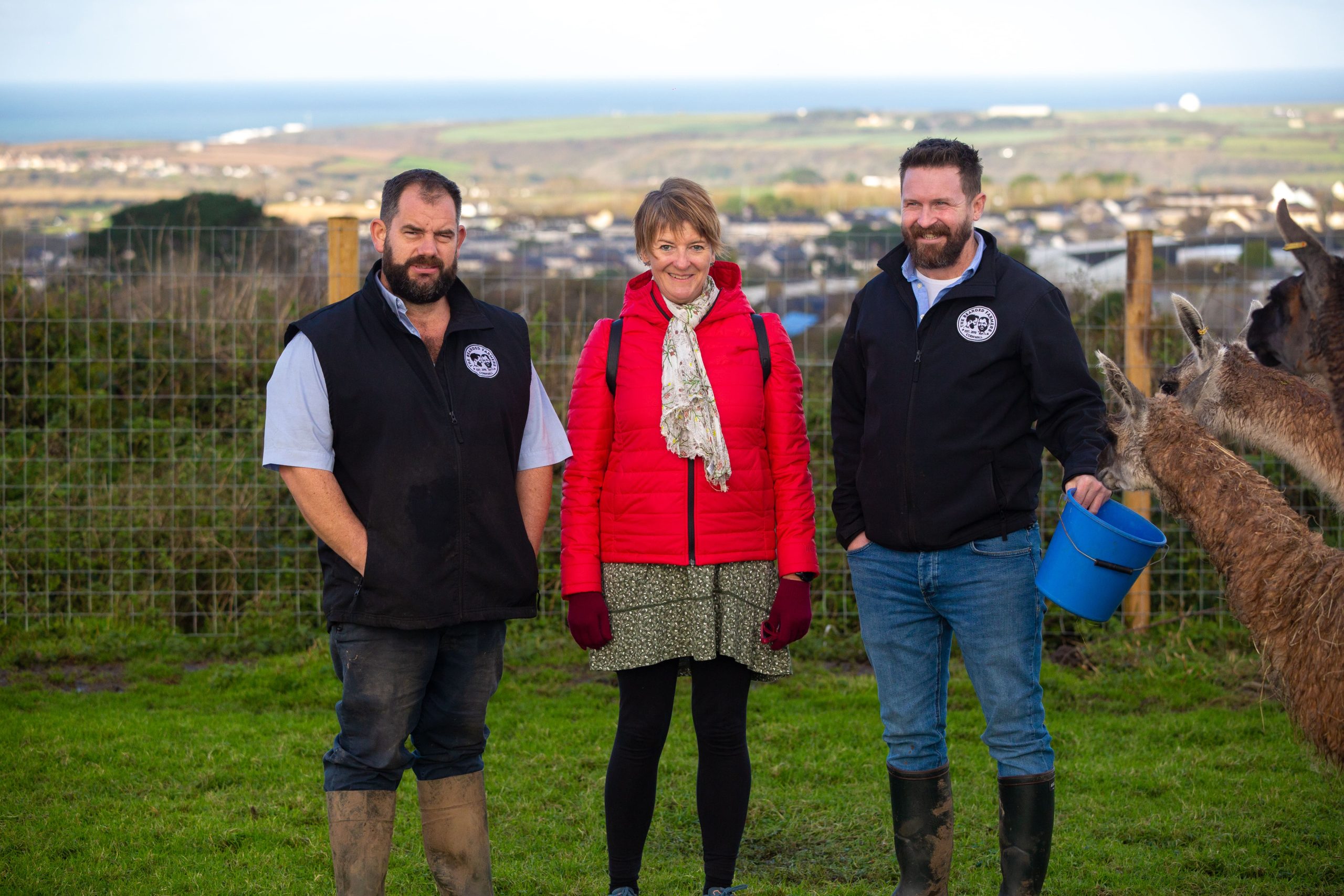An essential part of a fully functioning and growing economy for Northern Devon is access to debt. This market has proved to be extremely volatile in recent years, since those easily forgotten days when bank base rates were virtually zero and money looked to be a cheap commodity. Whilst this appeared attractive at the time, there is no doubt that one of the downsides was that this allowed businesses to ignore many of their financial problems. They were not having to work too hard to service bank debt. As a result, the term zombie company became a reality, which means businesses that were ticking over but not making active progress and not motivated to do so. That was then today we are in a very different market. We read too regularly the news regarding the current bank base rate, which is 5.25%.
There is constant speculation as to whether this rate is too high or whether it is a necessary pain to stamp out inflation. Many analysts would argue that the inflation problem has been overcome and that the Bank of England should start reducing the base rate. There are others who say that it is too soon and we should wait until all the inflationary pressures are behind us.
What this means to small businesses, if they are seeking to borrow money from their clearing bank, is that the starting point for this is 5.25%. The bank then adds a “margin” which represents their estimate of the risk of the loan and the quality of the company seeking to raise the finance. In this fully functioning and efficient market, this cycle of business is essential. It is however apparent that the banks are currently over reacting to risk. They are either charging penal interest rates or rejecting loans all together. I have analysed a sample of market activity and find that it is not untypical for banks to be charging 10-12% interest. Invariably, they limit the loan to 60% of what is required and in too many cases require additional security, such as a charge on business owners private assets, such as their home or, even worse, require a Personal Guarantee.
I have now clear evidence that thousands of small businesses are seeing their loan applications being rejected by the big banks. According to recently published figures from the British Business Bank, this could be as much as £4 billion of loans annually. This means that many of the small and micro businesses across Northern Devon are missing out on the investment that is vital for them to be able to compete and grow.
Further research, such as that from the Centre for Economic and Business Research, believe that small and micro businesses will contribute around £241 billion to the British economy by 2025. The obvious question arising is how much higher could this figure be if businesses had access to growth finance.
For Northern Devon our economic life blood is made up of small and micro businesses. They represent over 95% of all the enterprises within our sub region. They are also the lifeblood of the UK economy, making significant contributions to tax receipts both directly as tax payers and indirectly as employers with their staff who pay their wages.
We learnt very quickly during Covid about the huge risks of turning off the tap for our small and micro businesses. The Government stepped in. We now appear to be seeing a much more subversive approach to the access to funding, which could have long term implications. Additional research suggests that at least 40% of the businesses, who apply for loans and either have these rejected or are quoted usurious terms, simply give up and the business suffers as a result.
Some of the very latest research to emerge, particularly from the European Banking Authority have further emphasised how deep this problem is. The banking mentality to lending was shaken to the core in 2008 when we had the banking crash. At that time many of the bank debts were far riskier. The collapse that followed this crisis is still having a profound effect across many industries.
As a direct result of this event, the Bank of England imposed new regulations on the industry requiring them to hold significant asset cover – a much more robust safety net to offset any major shocks to the market. All the banks have therefore built in these buffers. It is now the case that at least 60% of loans are now less risky than in 2008. The problem however of risk aversion is that the smallest businesses suffer the most. Even long established family businesses with a great track record and good profits are suffering rejection.
What is perhaps also galling for us all, is that in recent weeks our best known banks are reporting record profits. HSBC are showing an 80% increase in pre-tax profits to £31 billion and Lloyds Bank are up 57% to £7.5 billion. A lot of these profits are being generated by the margin which is being paid by over priced debt and the shamefully low levels of interest being paid to deposit holders and savers generally.
The moral of this story is clear, it is time that the big business banks stepped up to be part of the solution in assisting in a full economic recovery for Northern Devon and allowing us to achieve our full potential, rather than the current situation where they are part of the problem.










